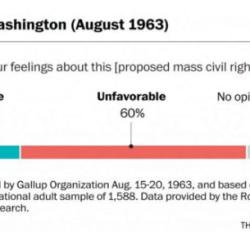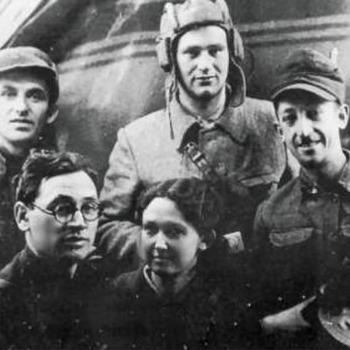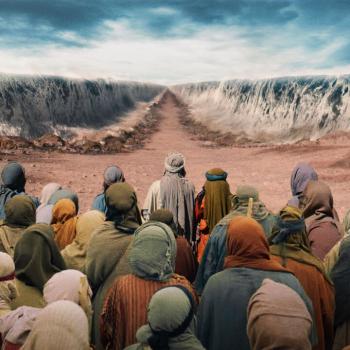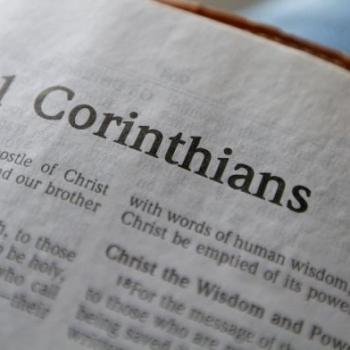After crossing through the parted waters of the Jordan, the master teacher turns to his pupil and asks the question that masters have asked students for millennia. "Tell me what I may do for you, before I am taken from you" (2 Kgs. 2:9). How can any pupil respond to such a request? How can a new pastor respond when the mentor asks what he/she can do to help the new pastor? Make me more eloquent! Make me smarter! Tell me what to read, what to say, how to act! Elisha's response is classic and terribly important to us all. "Please let me inherit a double portion of your spirit" (2 Kgs. 2:9). Literally, the phrase says, "Let there be now a double mouth with (in) your spirit to me." It is not quite clear just what Elisha wants. It appears to mean that he would welcome twice what Elijah has possessed in full, that is, twice the mouth, twice the spirit, twice the gifts. Little wonder that Elijah says, "You have requested something hard." Twice what I have had?
It could be easy to read Elisha's request as an arrogant demand to be better than his master, to surpass him in every way. It may not mean that at all. Elisha has asked for twice Elijah's spirit, the spirit that has been given to him by YHWH. Whatever has sustained Elijah through the joys and sorrows of his ministry, Elisha wants that; Elisha needs that. He does not ask for more of the skills of Elijah; he asks for Elijah's mouth, enabled by the spirit.
And Elijah promises Elisha that if he witnesses Elijah's dramatic exit from the earth, he will indeed receive the spirit he needs. Elisha does see the work of YHWH, as a whirlwind, accompanied by a fiery chariot, lead by a team of fiery horses, snatches Elijah up to heaven. Elisha shouts in wonder and awe, "Father, Father! The chariots of Israel and its horsemen!" (2 Kgs. 2:12). Elijah is father to Elisha, and in a strange way is also father to Israel, more important than its chariots and horsemen.
To complete the transfer of prophetic power, Elisha walks over to the discarded mantle of the departed Elijah, and rolling it up as he saw his master just do, strikes the water of the Jordan, shouting, "Where is YHWH, the God of Elijah?" Immediately, the waters of the river part again, "and Elisha went over" (2 Kgs. 2:14). Note what he does not say. "Where is the God of Elisha?" The master still plays a key and unforgettable role in the work of prophecy. The thirty-three-year pastor I mentioned above still plays a key role in the ongoing ministry of that great church. But the mantle now is in the hands of the pupil who will in turn, God willing, become the new master to another pupil and so on and so on.
Changes of pastoral appointment can be painful, even wrenching. But when done seeking for the spirit of YHWH, the change can be made, the master not forgotten, but the new master ready to continue the good work that has preceded. God is continuously raising up new masters to serve, offering to them a double portion of God's spirit, and for that we can only thank God.
Additional Note to my Readers: Next September, 2014, I will be lecturing on a cruise of the Baltic Sea, going from Copenhagen, to Berlin, to Talinn, Estonia, to St. Petersburg, Russia, to Helsinki, to Stockholm, and back to Copenhagen. The trip is organized by Educational Opportunities. I will be lecturing on the Book of Job during the trip. I would love to see many of you come along. Exact dates are Sept. 3-14, 2014. You may access EO's website for further details: www.eo.travelwithus.com. In the meantime, read, love, and preach the gospel of God!





